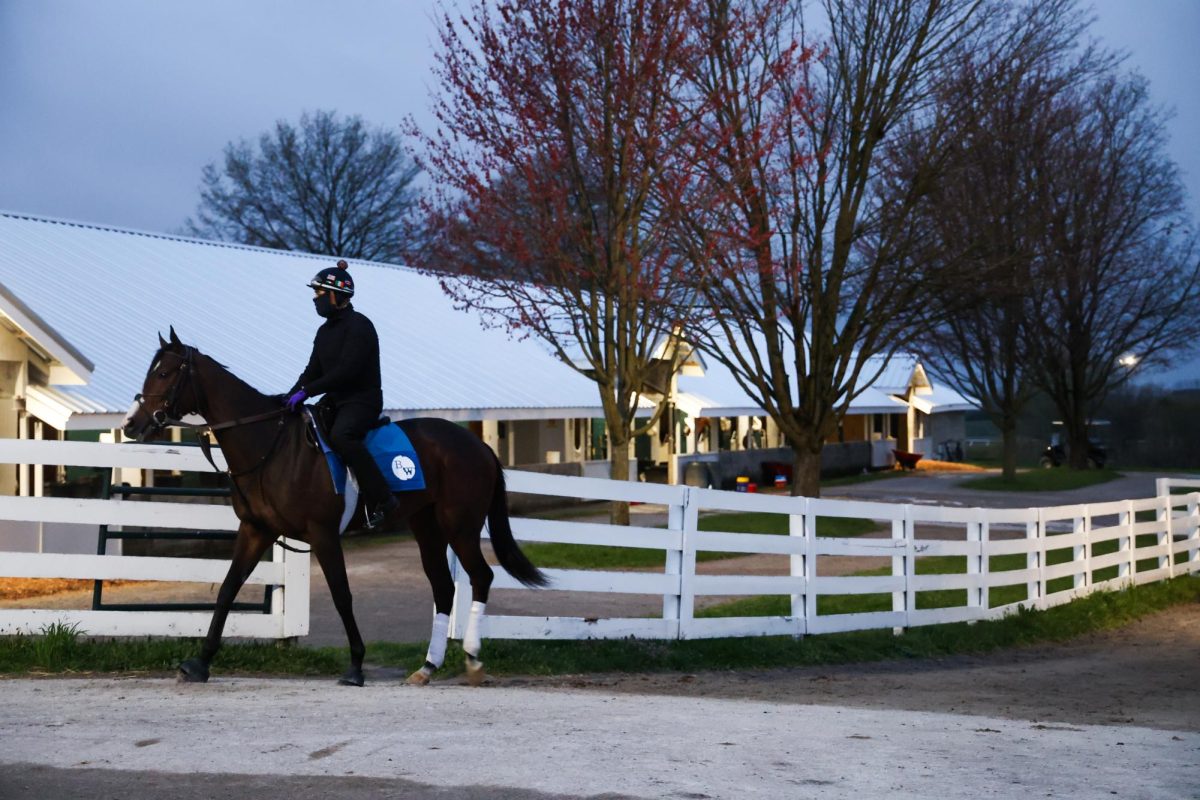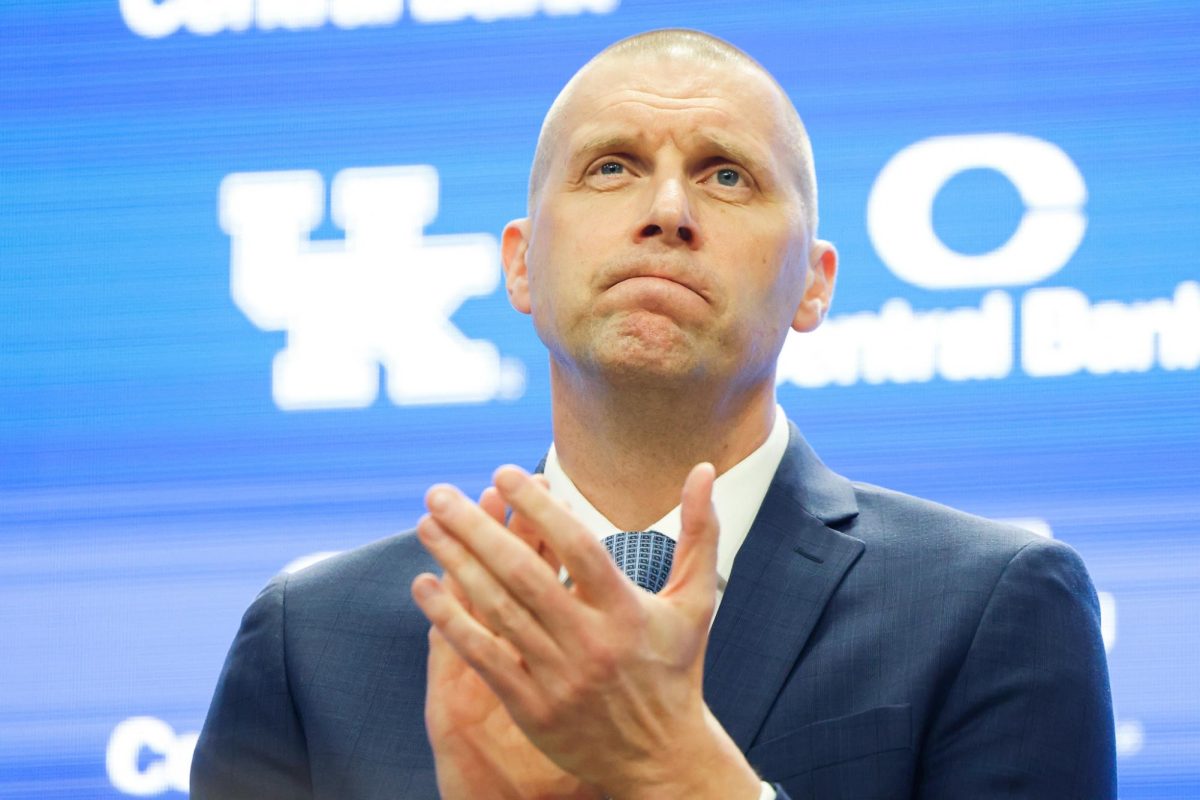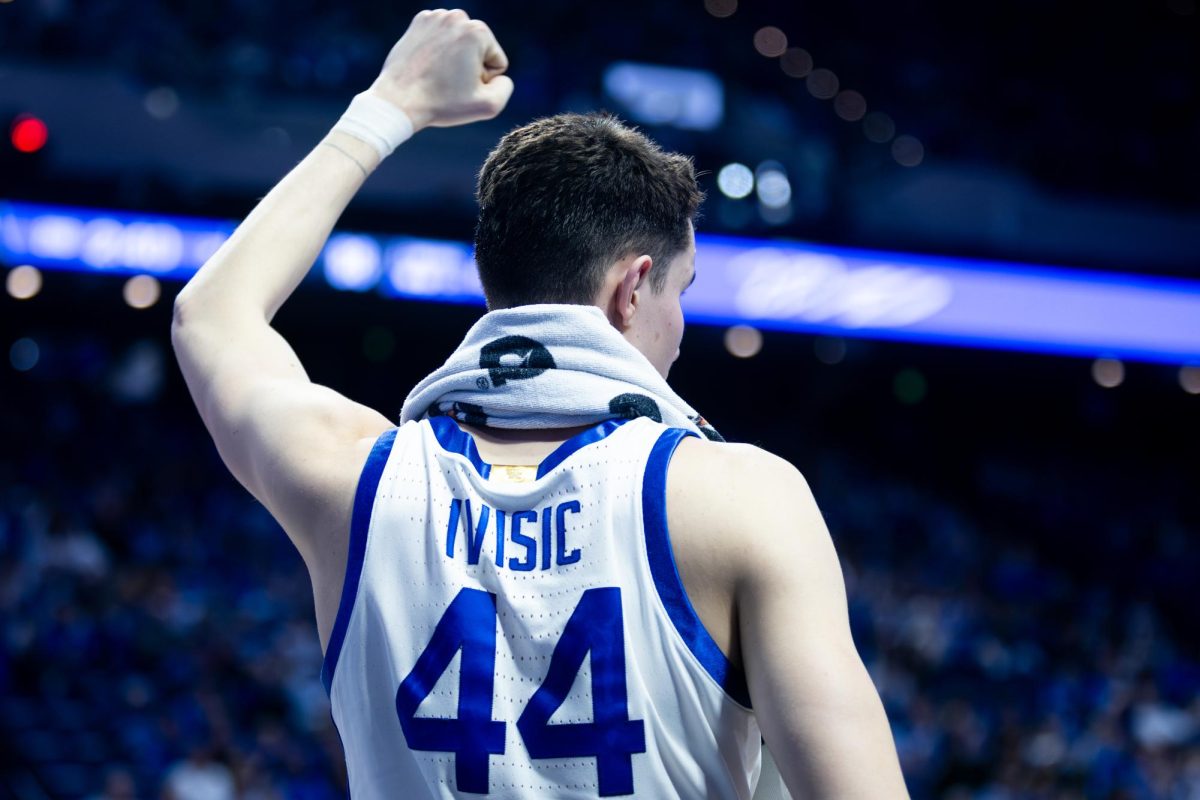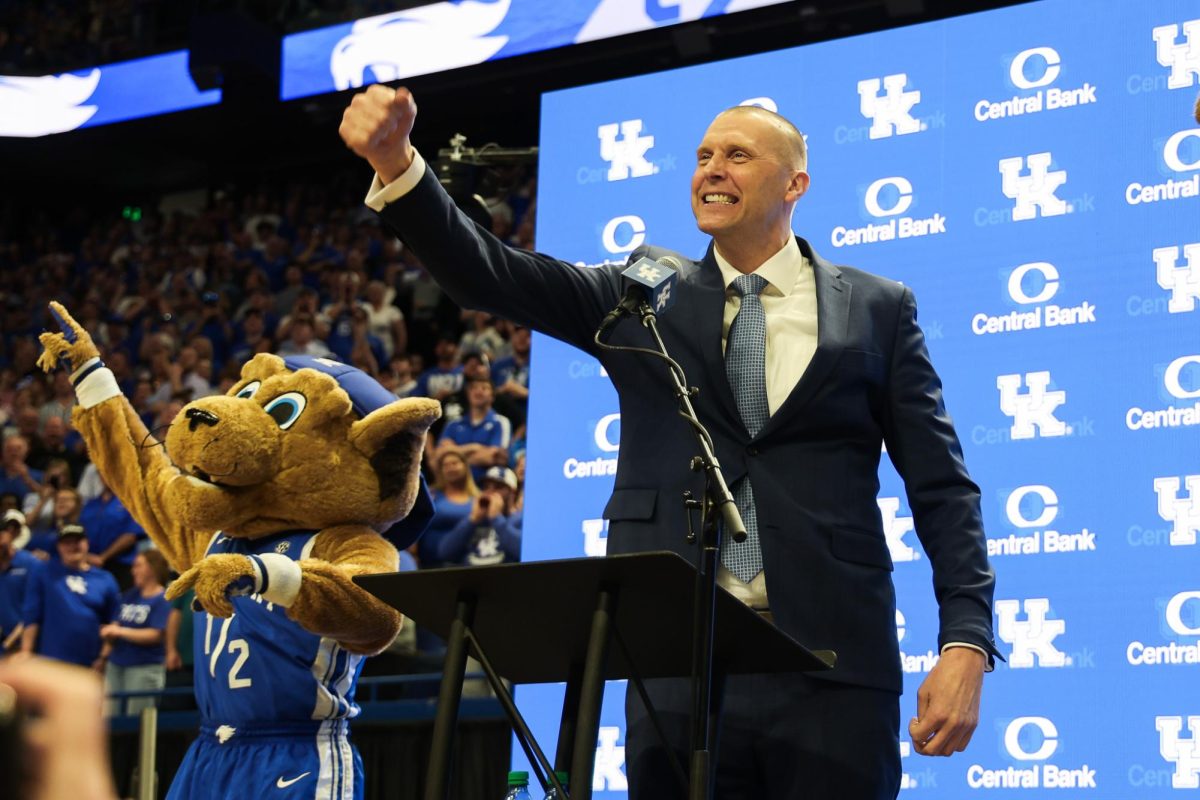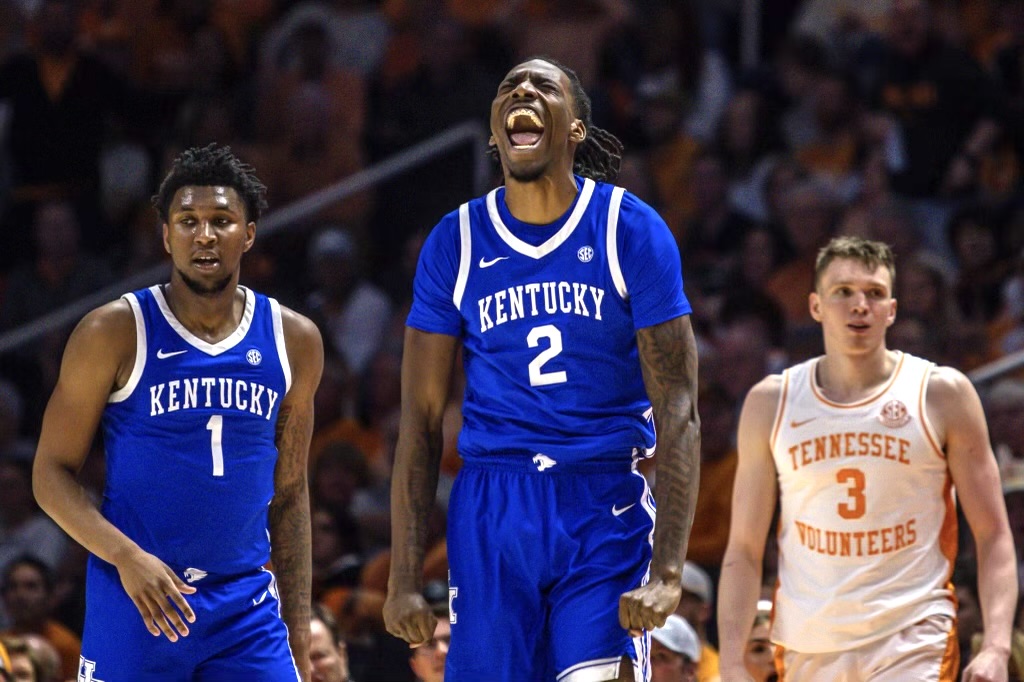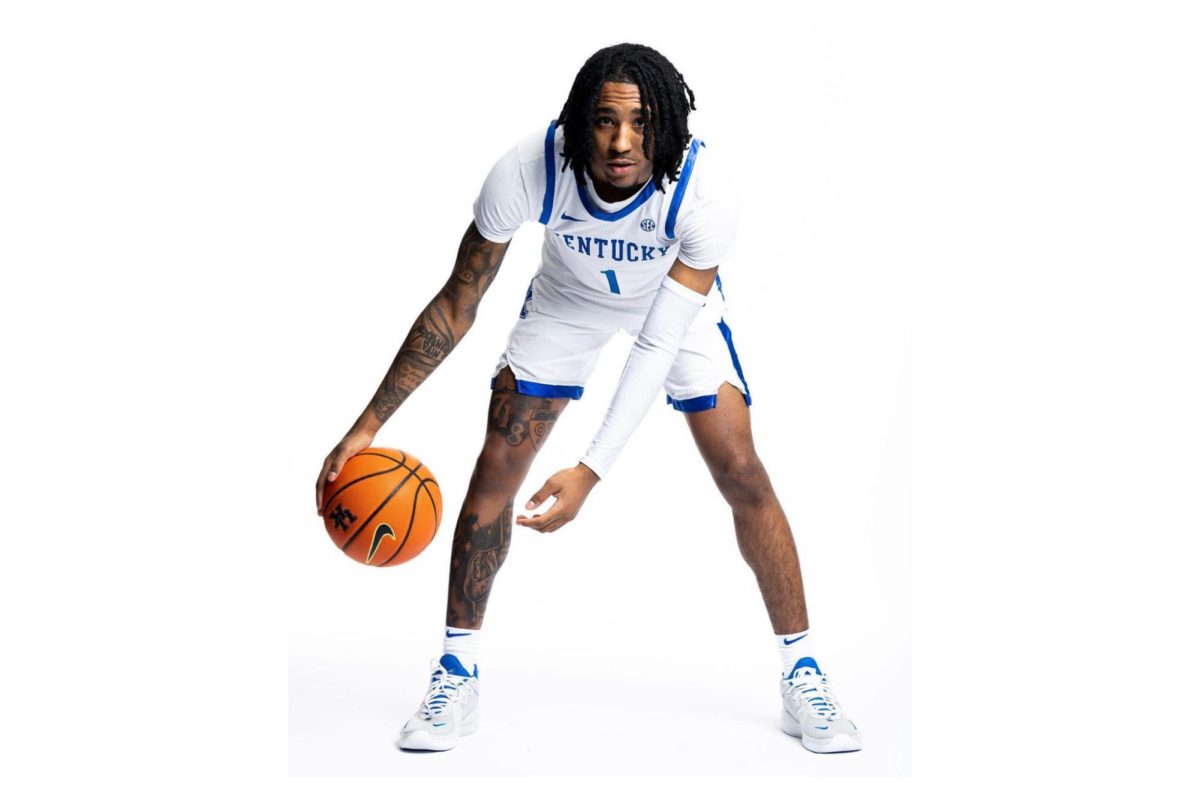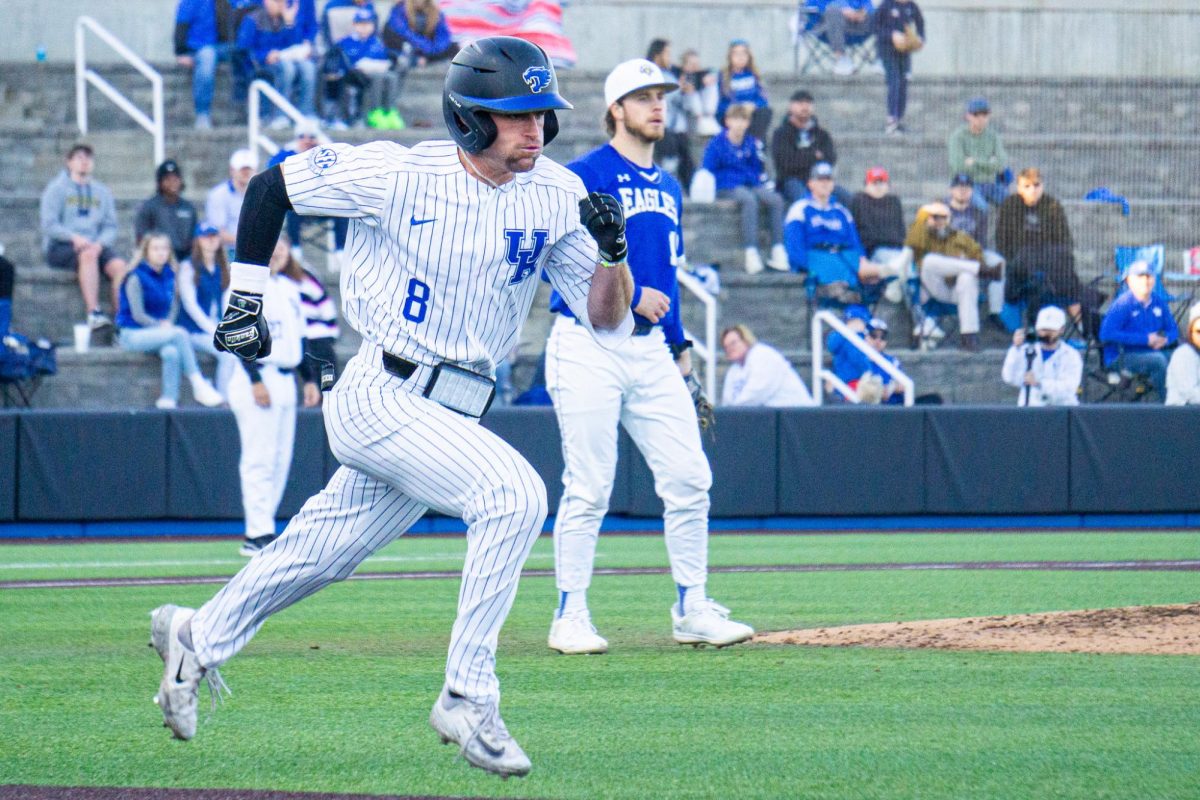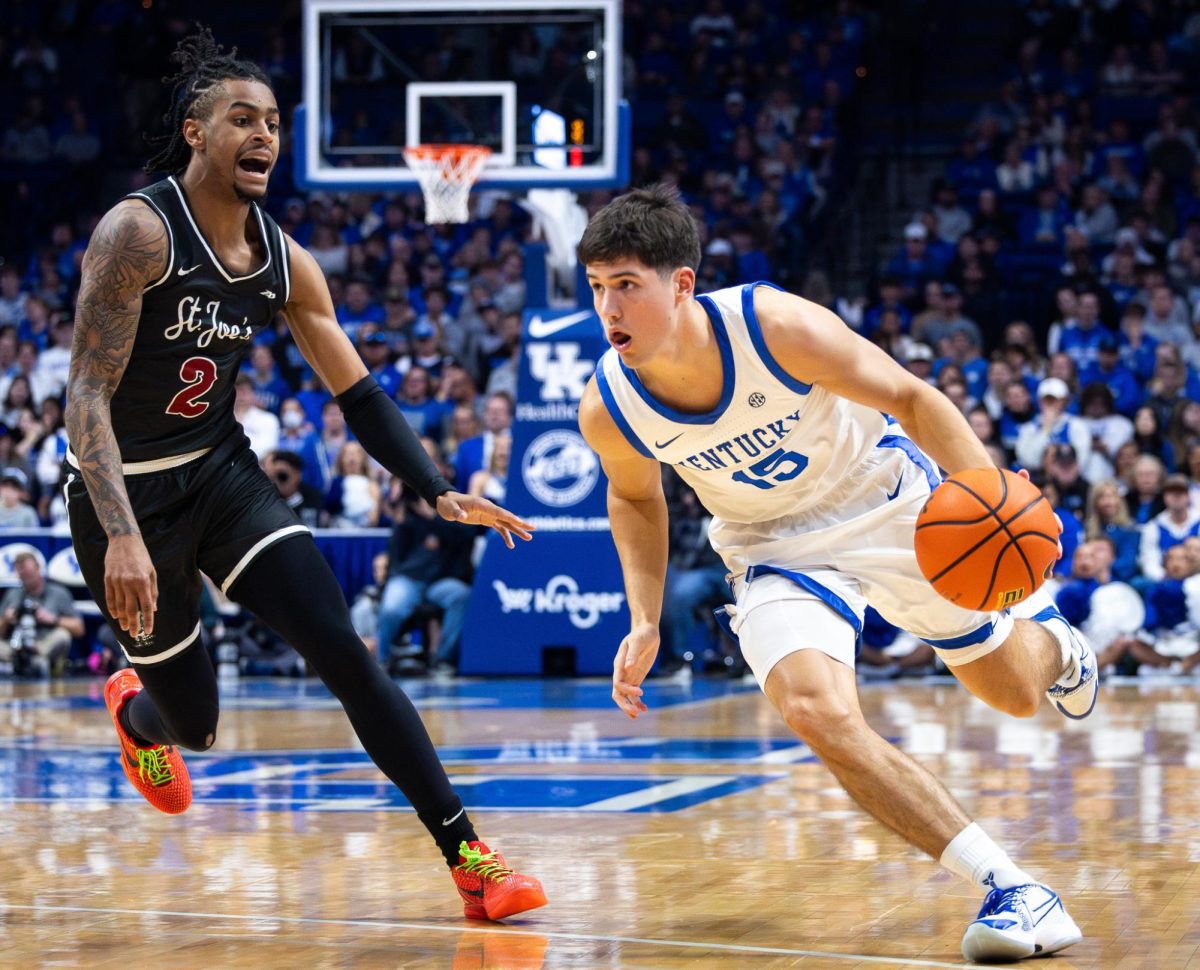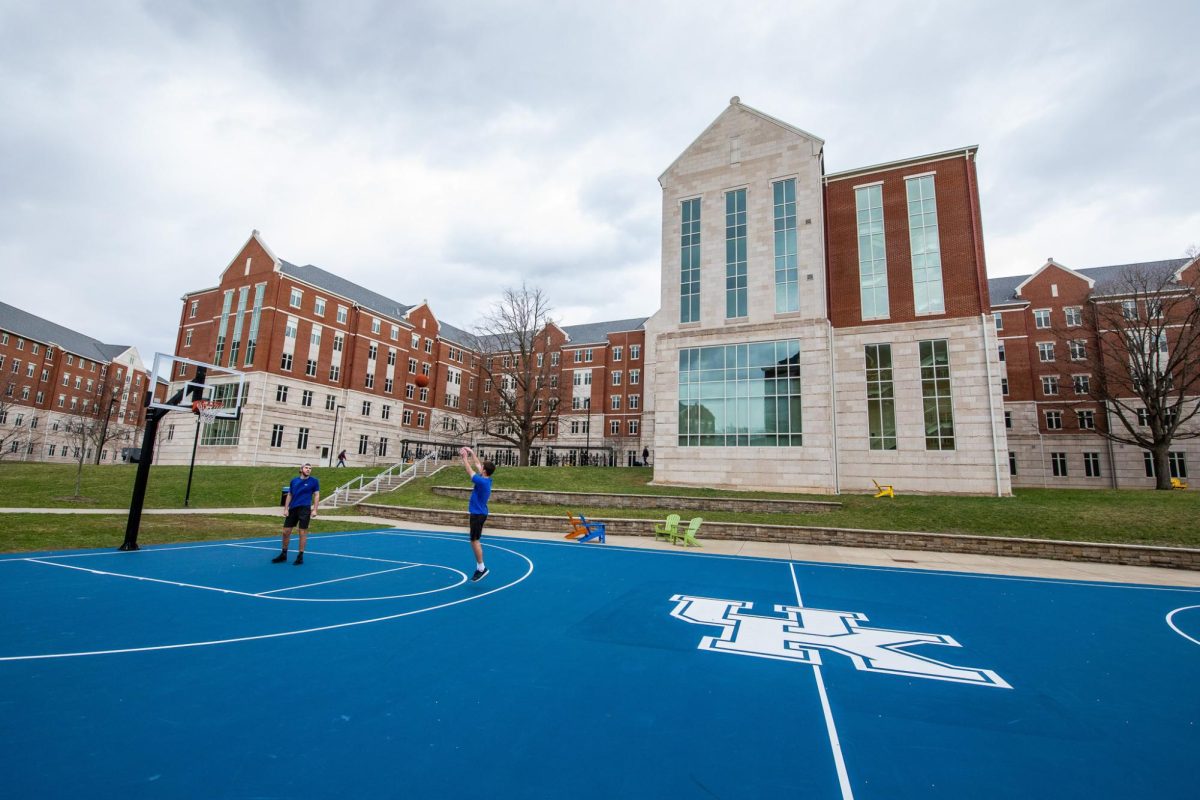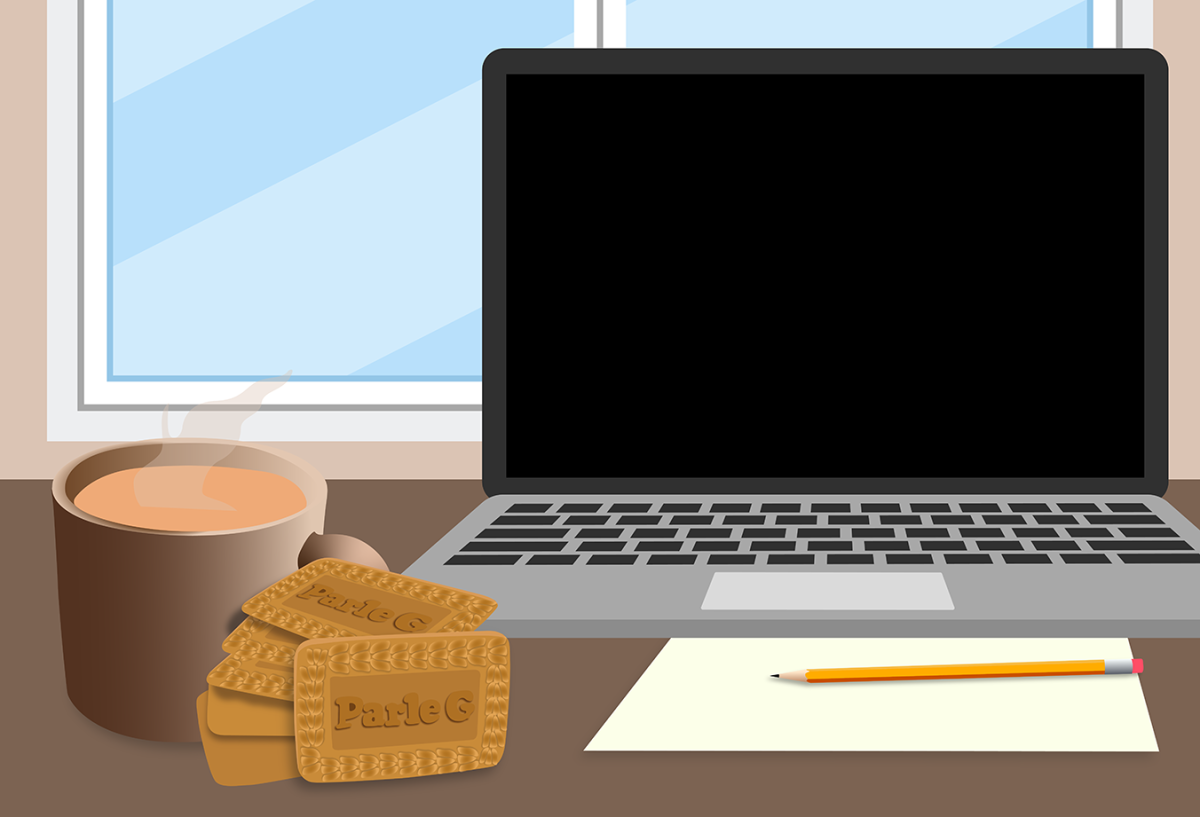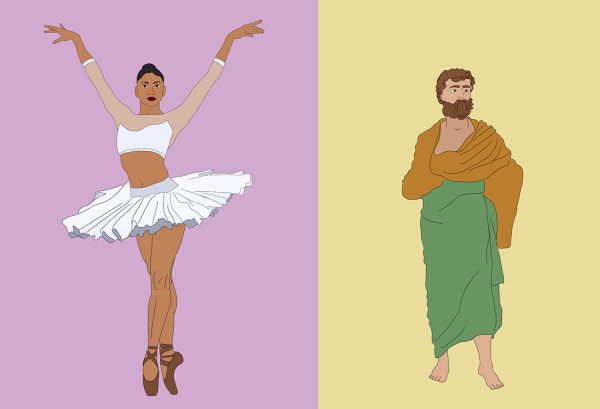Naomi Osaka deserves kindness
June 7, 2021
Naomi Osaka is a tennis legend, to say the least. At only 23 years old, this Japanese professional tennis player is ranked No. 1 by the Women’s Tennis Association, is a four-time Grand Slam singles champion, and is the first Asian person to hold the top ranking in singles. These are only a few of her many accomplishments within her career.
Even as mere spectators, we can see that Osaka is beautifully resilient and strong. Being a Haitian-Japanese woman in a white-dominated sport who has been playing since she was three years old, she can’t possibly be without stress. This is on top of the weight of her already existing mental health issues and the state of the world that we live in.
Thankfully, mental health is being destigmatized more than ever in this decade. This topic is clearly normalized, seeing that companies are already deep in the rabbit hole of selling self-care products to anyone trying to catch a break.
With this in mind, however, Osaka still received backlash for dropping out of the French Open after issues with her lack of media appearances. She dropped out to take a break, not from tennis, but from the media appearances expected of her during the tournament.
The French Tennis Federation gave a fine of $15,000 to Osaka if she continued to avoid the press. Though she gave a clear reasoning for her avoidance, the true pressure she is under as a successful athlete wasn’t taken into consideration.
Sports journalists rely on these conferences for coverage, and ultimately, for their paycheck. While the professional athlete is an important career due to sports being such a pillar of entertainment in society, athletes are still just people who have boundaries, just like anyone else. The fact that she had courage to set that boundary is a brave stance. This question of what athletes owe sports journalists is a flame that is only growing after the actions of Osaka.
Dr. Marc Cormier is an associate professor and Director of the Sport and Exercise Psychology Graduate Program here at the University of Kentucky. With a well-developed expertise in the field, Dr. Cormier notes that this is a growing issue for athletes of every caliber.
He noted that, although Osaka has likely been trained on how to interact at the conferences, emotions are naturally high after a serious match, so it can be difficult to speak to an audience that is looking to take sound bites for their reporting that can sometimes cause more stress for the player.
“I feel like a lot of athletes worry about these things, you know, particularly younger athletes, in a time where reporters can ask literally anything under the sun. It could be the match, it could be your personal life, it could be racial injustice.” Dr. Cormier said.
Playing a sport is not the only element of this profession. Cormier noted that on top of preparing mentally and physically for the match, you have to prepare for the press as well. This is no easy feat, and it’s obvious to see how this would weigh heavily on any person.
“Lead athletes are humans just like everybody else. They don’t have immunity to mental health or anything like that,” he said. “It doesn’t matter who you are, or what you do. I mean, we saw that with Michael Phelps. Hopefully, this is causing people to realize that they’re not just this performer that shows up on match day or race day. It’s just the tip of the iceberg, right?”
The conversation of mental health in reference to athletes isn’t new, but many critics act like it is. Osaka’s ability to stand up and step back sets an important example for not only professional athletes, but for this generation altogether. Whether someone is a professional athlete or not, we must be kind to ourselves and take a page from Osaka’s book. We must recognize when something is too much to handle and be kind to others who do the same, because there is no room for neglecting mental health anymore.















